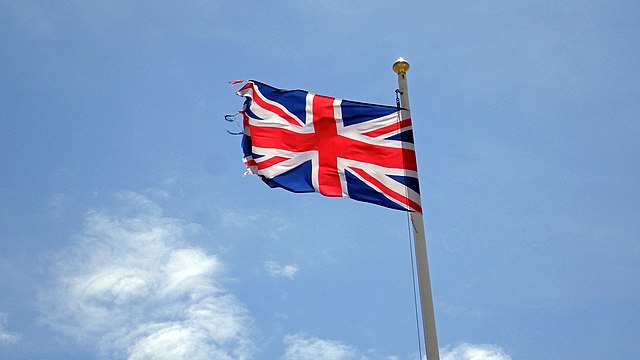Britain Has a New Prime Minister and Monarch. What’s Next?
Catherine Anderson
Staff Writer
After what Reuters describes as an “often bad-tempered and divisive leadership contest,” British Prime Minister Liz Truss was officially confirmed by Queen Elizabeth II on Sept. 5. Truss, who NPR reports was elected by less than 0.5 percent of British adults, was immediately faced with immense pressure to fulfill lofty campaign promises after what Reuters refers to as “12 years of poor Conservative government.” Additionally, Bloomberg writes that just 12 percent of British people believe Truss will make a good leader, and 52 percent feel that she will be “poor or terrible.”
Truss must also combat a divided government. Reuters reports that she was elected with the smallest margin of victory in “any Conservative leadership election held this century” and with votes from less than half of the members, as nearly one in five abstained. In addition to accomplishing her goals, which NPR states emphasize cutting taxes and “slashing regulations to fuel economic growth,” Truss faces enormous obstacles as she looks to garner support and unity from both the government and the British population.
This challenge increased in difficulty when, two days after Truss’s confirmation, Queen Elizabeth II passed away in Scotland. Following the Queen’s death, Truss urged the people of England to come together behind their new head of state, King Charles III, writes Bloomberg. Reaching unity will be challenging, given the controversial nature of King Charles’ persona. As he ascends the throne, Charles must navigate not only his own reputation, but that of the royal family itself, which has suffered recently due to events concerning Prince Andrew as well as Prince Harry and Meghan Markle.
As King Charles repairs the royal image, he must continue to solidify himself as a viable leader. According to The New York Times, even though his image has improved to the point that “few Britons now recoil at the prospect of King Charles III,” he is still not nearly as beloved as Elizabeth. The New York Times continues that this is partially due to the scandal associated with his marriage to Princess Diana, which “remains for many the defining event of his public life.” This is reflected by polls in which the new king was named as the favorite royal by just 11 percent of those surveyed, according to The New York Times.
Due to Diana’s extreme popularity in the United States, Charles will be under especially intense scrutiny by Americans. As such, Politico writes that it is especially important for his relationship with the U.S. that King Charles adopts a tight-lipped nature similar to that of the Queen. Part of the reason that Queen Elizabeth was so beloved in the United States, Politico reports, is that she was a political “blank slate.” By not speaking on polarizing issues, she made it easier for people from all sides of the political spectrum to identify with and look up to her. The same cannot be said of King Charles, who has been vocal on climate issues.
If the King continues to speak out on political issues as he has done, it could cause damage to the relationship the Queen developed with Americans during her reign. Politico reports that Americans tend to be much more skeptical of issues concerning climate change than British people are. This means that if the King continues his advocacy for environmental action, he risks alienating a portion of the American population.
The King’s progressivism is further complicated, Politico writes, by the nature of the institution he represents. There is a contradiction between his activism and the nature by which he and his family gained their wealth. The royal family is criticized for its colonial history, as much of the King’s wealth is a remnant of the exploitation of the nations the UK previously colonized.
After a week of great change in the United Kingdom, Liz Truss and King Charles III must now prove themselves as leaders. Truss must find a way to deliver on her promises and begin to repair the reputation of the Conservative party, which has been suffering in polls, per NPR. King Charles III must find his identity as King, while repairing the image of the Royal family. Both must seek to unify and reassure a divided population of the effectiveness of its government.



